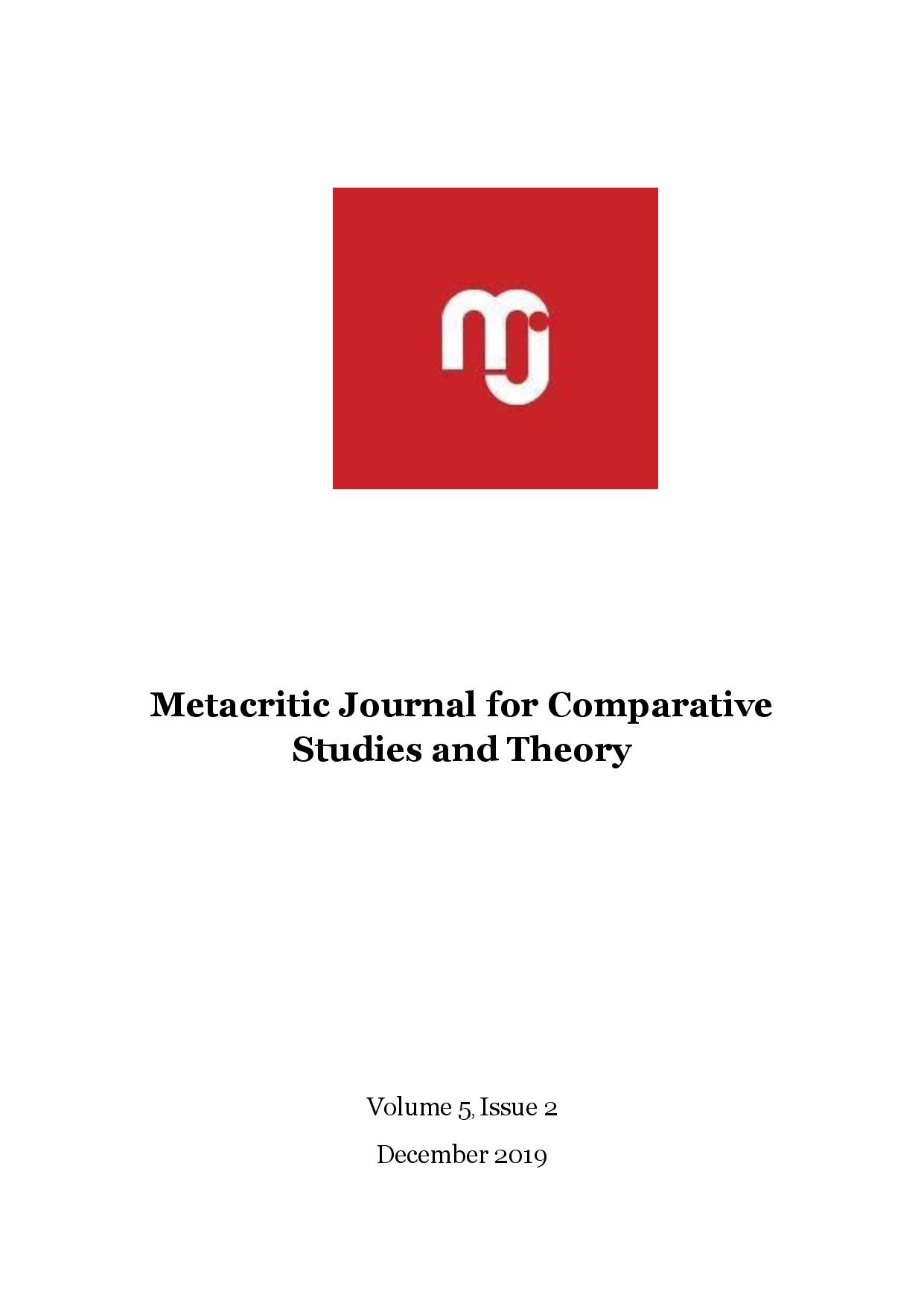Exile in Reverse: Constantin Noica as an Example of Paraexilic Life in Communist Romania
Exile in Reverse: Constantin Noica as an Example of Paraexilic Life in Communist Romania
Author(s): Bogdan ȘtefănescuSubject(s): Philosophy, Language and Literature Studies, Studies of Literature, Comparative Study of Literature
Published by: Universitatea Babeş-Bolyai
Keywords: exile; paraexile; Noica; Central and Eastern Europe; communism; counter-discourse; resistance through culture, paradox;
Summary/Abstract: This article illustrates a relatively less charted form of exilic dislocation which I have dubbed paraexile. Unlike Claudio Guillén, who claims that exiled writers can triumph over their native attachments and create a literature of “counter-exile,” I propose, alongside critics like Lamming, Rushdie, or Said, that the trauma of displacement can never be entirely left behind and is constantly part of exilic writing. In addition, I make the claim that paraexilic literature is a peculiar form of internalizing exile by means of irony and contradiction. I am illustrating this attitude with the work of Constantin Noica, one of the most popular and respected philosophers in post-war Romania, who rejected emigration and, instead, adopted the paradoxical solution of triumphing over internal and internalized exile by embracing it as a form of liberation. I am proposing the rhetorical category of contra-discourse—a dialogic structure of argument and narrative in which the homely and the foreign are spoken of in the ironically mingled voices of the oppressor and of the victim. I am concluding with the suggestion that, while the work of Noica is in many ways idiosyncratic, it may also be viewed as a typical form of coping with exilic traumas in Central and East European cultures during communism.
Journal: Metacritic Journal for Comparative Studies and Theory
- Issue Year: 5/2019
- Issue No: 2
- Page Range: 5-21
- Page Count: 17
- Language: English

